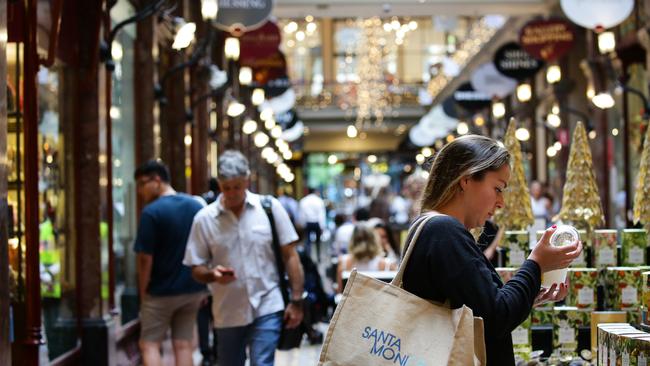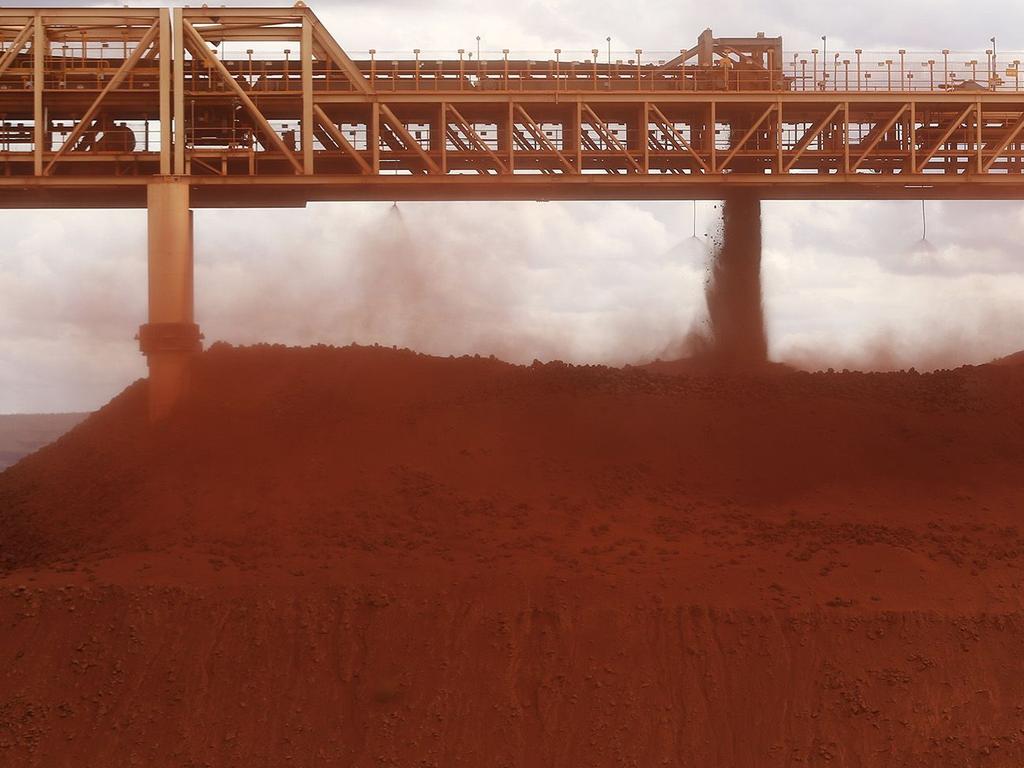
It must be news to the few hundred thousand extra unemployed, and many thousands of small businesses facing closure next year, that the “recession is over”.
The common definition of a recession — two consecutive quarters of falling GDP, an arcane, artificial statistic — must be the silliest in all economics. Indeed, we only had a “recession” this year because of the bushfires last summer.
Yes, you read that right.
Forget about COVID-19 and the biggest economic and social upheaval in our history. If GDP growth had been a smidgen higher than the -0.3 per cent registered in the first three months of the year, which it probably would have been without the fires, the economy would never have met the definition of recession.
As it turned out, the economy shrank by 7 per cent in the three months to June, and rebounded 3.3 per cent in the next three months — which is a bit of a dead cat bounce given Victoria’s second lockdown.
It’s good news that the economy grew strongly, but not surprising given many restrictions that had stopped people working and spending, except in Victoria, were lifted in June. To the extent the word “recession” means anything in practice, it’s not over yet. It will take another six months to assess how much of the economy has snapped back, or snapped.
The government’s massive JobKeeper program and a supercharged unemployment benefit have propped up the labour market and household incomes — which, remarkably, have continued to increase throughout the year.
Independent economist Saul Eslake reckons that the “two quarters” definition was coined by Julius Shiskin, an official at the US Census Bureau in the mid-1970s. The US itself doesn’t use it, instead relying on a panel of eight eminent economists who parse the business cycle and who define a recession as “a significant decline in economic activity spread across the economy, lasting more than a few months, normally visible in real GDP, real income, employment, industrial production and wholesale/retail sales”. They haven’t declared the end of it yet in the US.
A better rule of thumb for a recession would be the period between the trough to the peak of the unemployment rate, which the Reserve Bank and other economists expect to keep rising from its current 7 per cent to somewhere shy of 8 per cent.
If you insist on sticking to GDP, we might better define the end as when the economy returns to its previous level of quarterly income. On current forecasts, that will be sometime in the middle of next year.
An even stricter finish line might be when GDP is back to where forecasts said it would be, before the pandemic struck. But that might condemn us to permanent recession, given the slump in immigration is likely to be permanent, and the massive surge in debt is likely to weigh on growth permanently.







